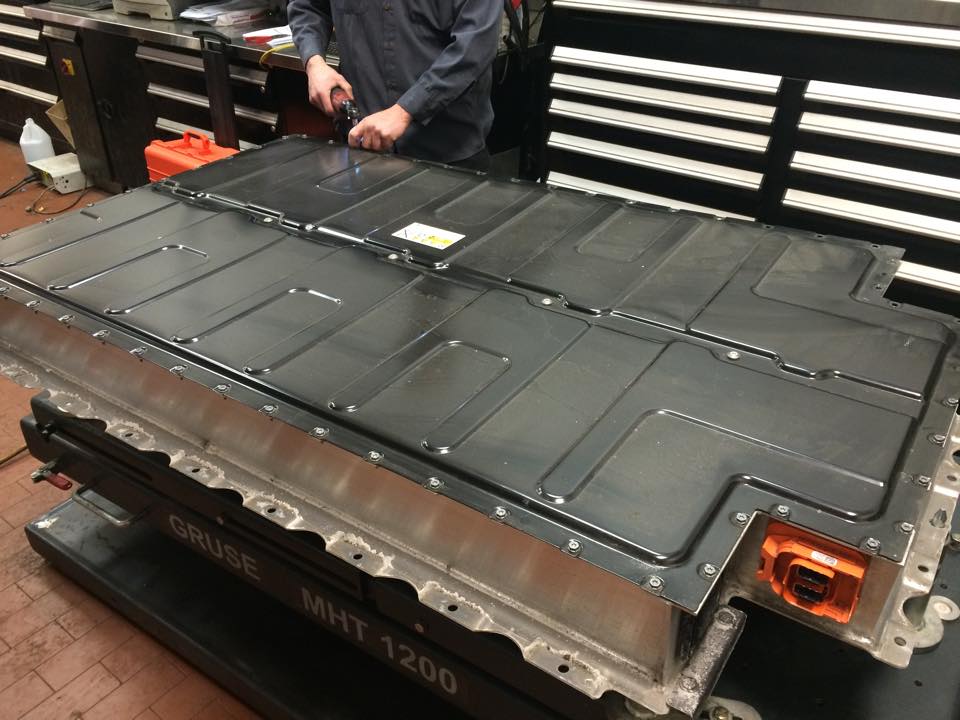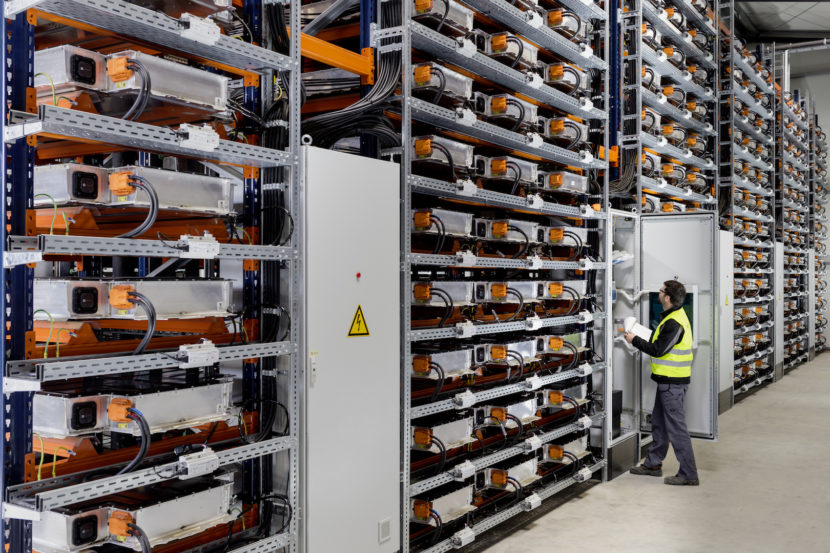Driving cars emissions free seems like an amazing prospect but few people stop to think about what that implies. The sudden rise in demand for batteries led to a similarly abrupt increase in demand for the metals they are made of and that raised questions about how they are sourced. Various news reports claim that the methods used are not exactly ‘pretty’ or ethical and it’s the companies’ responsibility to make sure that they are sourced in a sustainable manner. That’s why BMW, BASF and Samsung launched a new initiative this week.
Their aim is to enhance sustainable cobalt mining, an essential part of the entire, complex process that leads to battery manufacturing. This will be a cross-industry project, as the companies excel in different fields. The main focus of their combined efforts will be located in the Democratic Republic of Congo and a contract has been signed already which will aim to improve artisanal mining working conditions, as well as living conditions for surrounding communities.
For the moment, this is just a pilot though, as the interested parties will want to see the effects their efforts have on the first mine to receive this treatment. In this pilot phase, over the course of the next three years the partners will not operate the mine but will undergo a series of auxiliary projects to see how things shape up, watching closely as they develop. As it is limited to one pilot mine site and the surrounding community, the project seeks to contribute to identifying workable solutions that lead to better working conditions at the mine site. If proven effective, these measures could then be scaled up to other legal artisanal mine sites and enhance systemic challenges in the longer run.
Cobalt is a key component in the production of batteries for the automotive and electronics industries. The world’s largest known reserves of this raw material are found in the Democratic Republic of the Congo. Industrial mining accounts for approximately 80-85% of Congolese cobalt production, with artisanal mining operations producing the remaining 15-20%. Currently, companies are facing challenges in the areas of environment, health and safety, and human rights when cobalt is extracted through artisanal mining.






































































